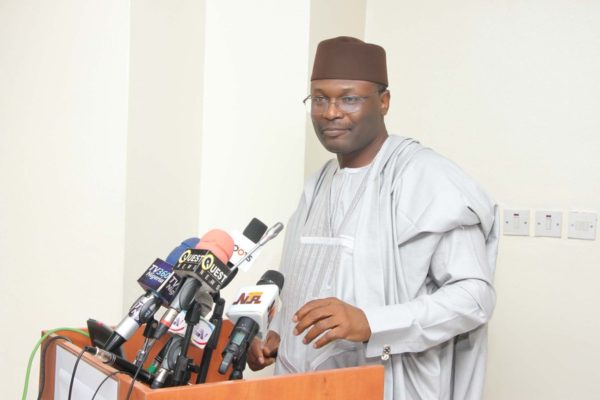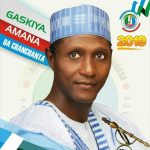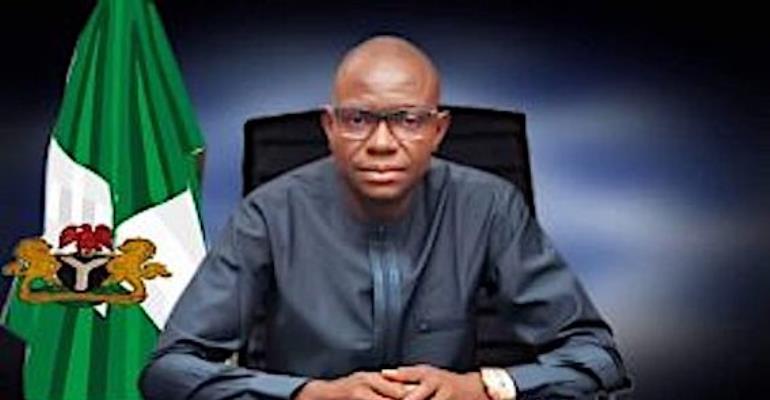On Sunday, the Independent National Electoral Commission (INEC) issued a warning to political parties, urging them not to release the results of the presidential and National Assembly elections. The commission emphasized that only they are legally responsible for releasing election results.
During the opening of the 2023 presidential election collation center at the International Conference Centre in Abuja, INEC Chairman, Mahmood Yakubu, made this known. He appealed to political parties and media organizations to only rely on official results released by the commission as the constitutionally mandated body responsible for releasing official election figures.
Mahmood Yakubu also stated that the collation of presidential election results would occur in four stages. Firstly, at the 8,889 wards, then at the 774 local government areas. Secondly, the state collation officers for the presidential election (SCOPs) at the 36 states and the Federal Capital Territory would submit the votes per candidate to the national collation center in Abuja.
The collation center will be open day and night with short breaks, and political parties have been cautioned to rely only on INEC’s figures. The collation from states will resume at 6 pm once the results have arrived.
Elections for the presidency, 360 House of Representatives, and 109 Senatorial seats took place in the 36 states and the Federal Capital Territory on Saturday. The electoral umpire is expected to declare results soon.
Despite 18 candidates running, pollsters and analysts have described the contest as a four-horse race between Rabiu Kwankwaso of the New Nigeria People’s Party (NNPP), Atiku Abubakar of the Peoples Democratic Party (PDP), Bola Tinubu of the All Progressives Congress (APC), and Peter Obi of the Labour Party (LP).
Obi and Tinubu hail from the southern region, while Kwankwaso and Atiku come from the north. The four heavyweights have a large following, with the potential to emerge as the successor of President Muhammadu Buhari, whose two-term tenure ends on May 29, 2023. Most of Nigeria’s 176,606 polling units held elections, with 87.2 million voters casting their votes.




